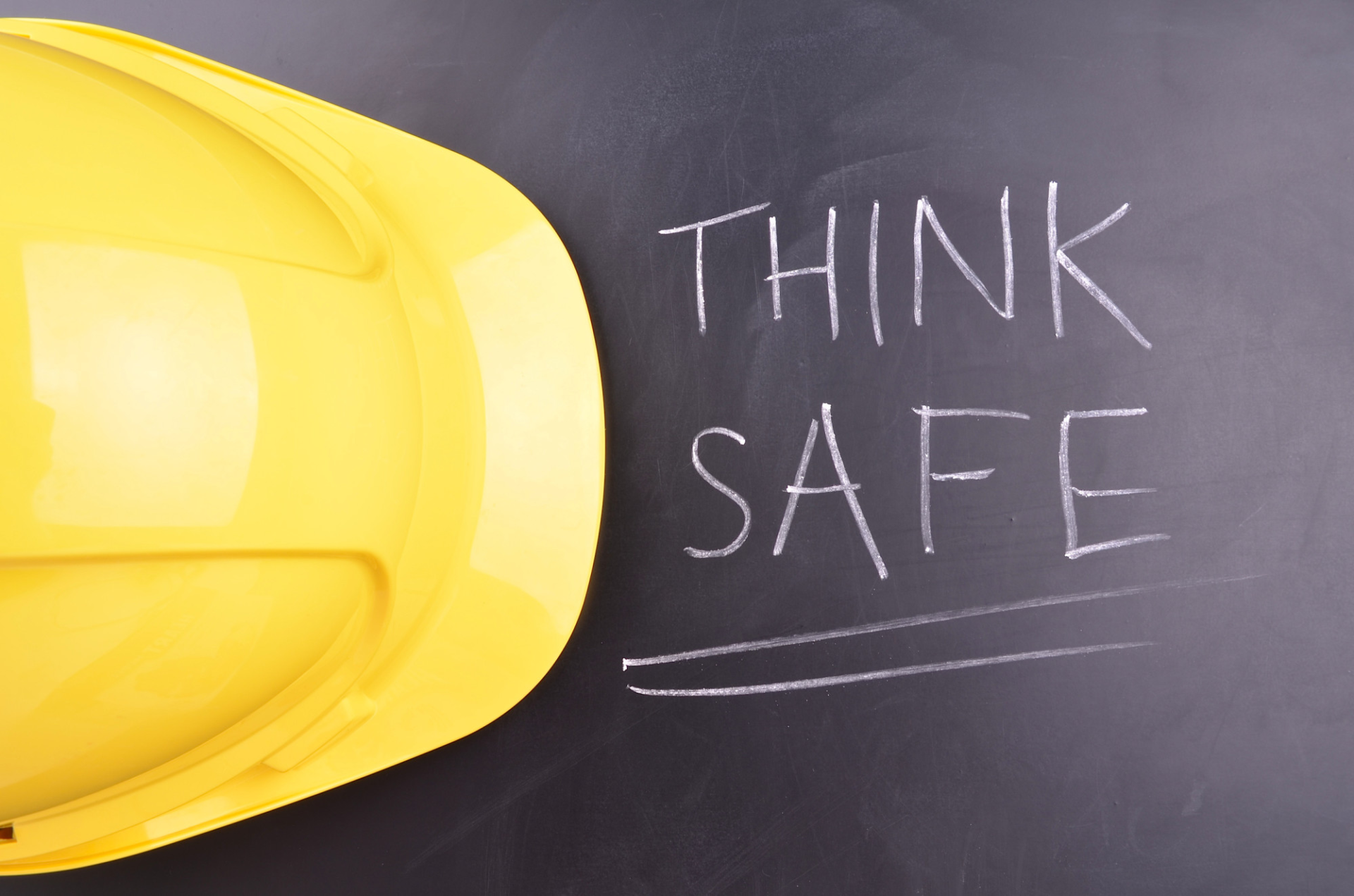Important Precautions All Businesses Should Take
If you want your business to thrive, let alone survive, you must first make sure everything within the organization is under control. Nothing is more important than safety, both physical and that related to data and information. Only when a company is secure can it focus on productivity and profit.
With that in mind, let us explore four important safety precautions all businesses should take.
Table of Contents
Heating and Ventilation Systems
No matter how much you take care of ventilation, heating, and air conditioning systems, sometimes things break down. Among other things, reasons include the age and quality of your devices, the wear and tear they have gathered over the months and years of usage, and the level and frequency of maintenance performed on them.
From a corporate safety perspective, few things are more important for your business integrity and the well-being of your employees than properly working machines. As such, if you start noticing your air conditioning or heater are not working as they should, your best course of action is to contact a creditable vendor to inspect and, if necessary, repair your furnace. Aside from making sure it is running smoothly based on your needs, it will prevent unnecessary accidents from happening and keep your organization moving forward.
Social Distancing and Isolation
In the next few months, millions, perhaps even billions of people worldwide, will be getting their initial and secondary doses of the covid-19 global pandemic vaccine from one of the many pharmaceutical companies distributing it. This means that there will be a mass exodus from houses and apartments and into offices in all industries and fields.
While this news is encouraging as it represents a much-needed boost to the economy, it doesn’t come without its set of special circumstances and risks. As we all probably know, being vaccinated is not a mandatory corporate policy but rather a human right. As a result, there will still be plenty of employees without it.
For businesses to work safely and efficiently, they need to put in place flexible working conditions, including work-from-home arrangements, isolated spaces inside the office, and careful consideration of individual staff needs.
Drills, Drills, and More Drills
Golden State Warriors’ basketball superstar Steph Curry is considered by many to be the greatest pure shooter in the history of the game. Over the past decade or so, he has made more three-point shots than anybody else, as well as having the highest shooting percentage among his peers. Aside from a natural ability to play basketball, legends tell of a man who knew he was a bit undersized and not athletic enough to compete at the highest level, so instead, he took a different route. He decided to shoot at least 500 shots per day.

To say safety drills are an integral part of any organization irrespective of the industry is the biggest understatement of all time. Of course, employees go to the office to work, not train in disaster prevention, and spending too much time on it might hinder a company’s productivity and lead to a decrease in sales. But that doesn’t mean it should be put to the side either and treated with negligence. After all, the better trained your staff are, the better decisions they will make during a crisis.
Cybercrime and Online Security
So far, we have talked about three important safety considerations all businesses should make from a physical perspective, be it the company itself or its workforce. Let us now look at the pertinent issues involved in the protection of intellectual property and information.
In 2017, Chinese oil and gas giant China National Petroleum was attacked by “WannaCry,” a malicious ransomware program reaching 150 different countries worldwide. In China alone, more than 20,000 gas stations went down, and millions of dollars were lost. Fast forward four years, and the devastating effects of this instance of cyber-crime are still being seen.
Whether your company is big or small, protecting confidential information is crucial. It includes corporate and employee data, research and development schematics, and strategic management and marketing plans. Hence, putting in place mechanisms to protect it should be at the top of any corporate priority list. Furthermore, all staff members must be briefed on their rights and responsibilities regarding company information.
When it comes to safety precautions at work, four great examples of actions firms can take are the proper management of heating and ventilation systems, issues with social distancing post-covid-19, the frequent running of safety drills, and cybersecurity. They are all effective, affordable measures to ensure your business and workforce are always safe and can perform their duties in an environment of security and protection.



